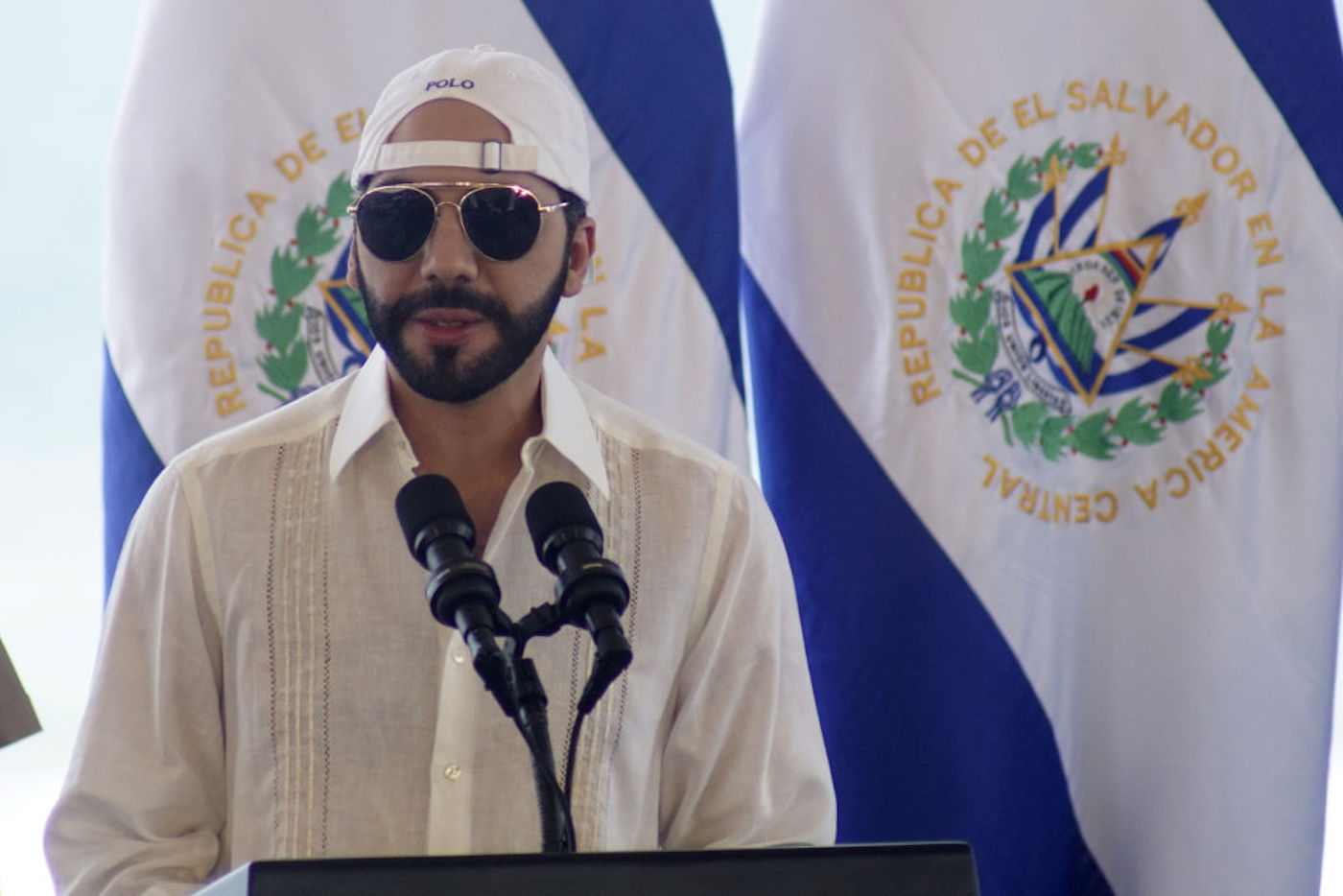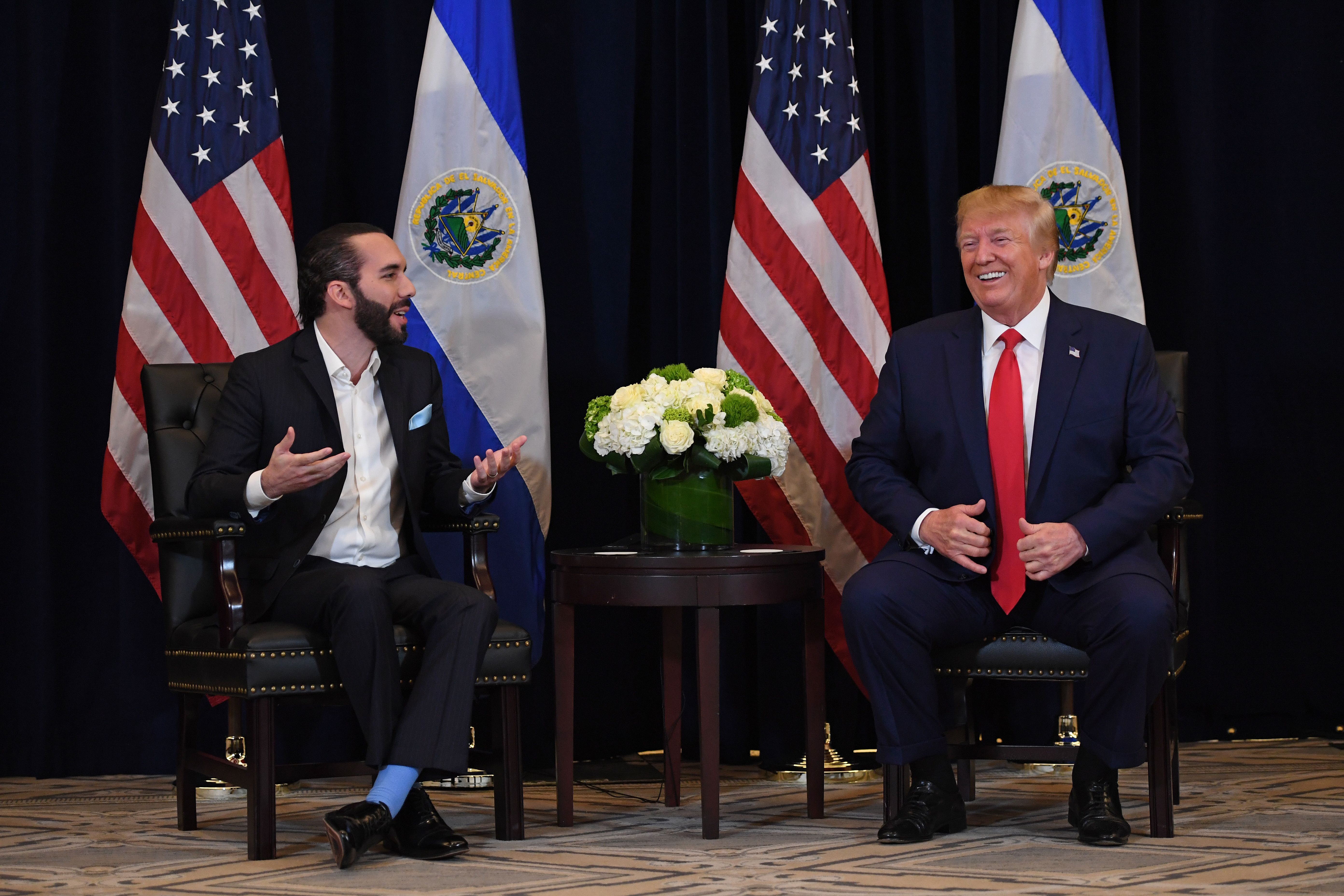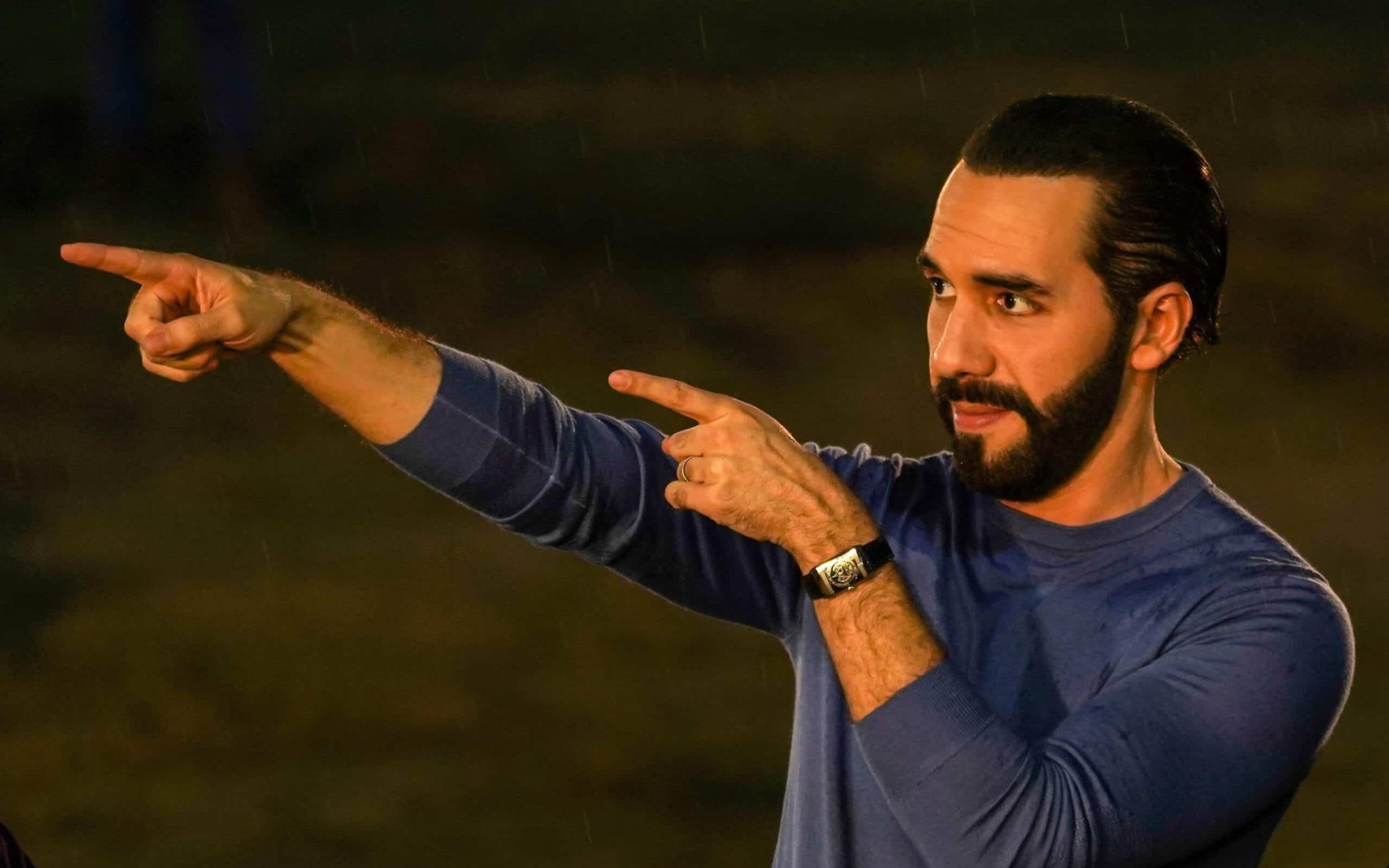Salvadorans Have Traded Their Rights for Uncertain Security
BY
MNEESHA GELLMAN
Salvadoran president Nayib Bukele will extend the state of exception that has earned the country the world’s highest incarceration rate. Gang violence has been traded for arbitrary arrest and detention — with working-class people bearing the brunt.
El Salvador’s presidential election results were predictable given its current political landscape. On February 4, 2024, incumbent Nayib Bukele was reelected with nearly 83 percent of the vote, despite numerous irregularities. The biggest irregularity of all is the fact that, under El Salvador’s constitution, incumbents are not eligible to run for a consecutive term. Yet through a range of smoke and mirrors tactics to quell any potential protest, Bukele did so anyway, flouting democratic norms in favor of strong-arm approaches. The independent Salvadoran outlet El Faro went as far as to proclaim the end of the country’s democracy following Bukele’s dismantling of the judiciary, clearing the way for his candidacy, in 2021.
Bukele’s latest victory has been analyzed by many to be a signal of Salvadorans’ exhaustion with the previous status quo. As I have written elsewhere, after decades of gang domination, voters were willing to accept gross human rights violations and indefinite imprisonment for some Salvadorans in exchange for increased security for the masses. Votes for Bukele confirmed Salvadorans’ willingness to maintain Bukele’s state of exception, a form of emergency rule that has been in place since March 27, 2022. The suspension of many rights under the state of exception has been part of El Salvador’s significant democratic backsliding and rising authoritarianism.
Other antidemocratic moves include fraud in the legislative election and gerrymandering to drastically reduce the number of municipalities in order to consolidate Bukele’s New Ideas party’s power. The biggest concern, however, has been the practice of arbitrary arrest and indefinite detention, which Bukele has heralded as evidence of a strong state breaking the control of El Salvador’s notorious gangs. But the story is more complicated than his government would like people to think.
State of Exception
As of February 2024, more than 75,000 people are detained in El Salvador under the state of exception. When combined with the approximately 30,000 people officially incarcerateod there, the total number amounts to close to 2 percent of the entire Salvadoran population behind bars. This makes El Salvador the biggest incarcerator globally per capita.
The dangers faced by people in Salvadoran prisons are enormous. Detainees face risks from malnutrition, lack of basic hygiene materials, no access to critical medicine or medical care, and torture. Under the state of exception, there is a total communication blackout of those inside the prisons, meaning no family visits, phone calls, or mail. A small number of human rights workers and news agencies have shared stories documenting atrocious conditions in the prisons, yet little has been done to address the abuses.
More:
https://jacobin.com/2024/03/el-salvador-incarceration-gangs-bukele/









